WATER PROBLEM IN NORTH KOREA
입력 2019.06.04 (15:17)
수정 2019.06.04 (17:00)
읽어주기 기능은 크롬기반의
브라우저에서만 사용하실 수 있습니다.
[Anchor Lead]
Concerns of contaminated drinking water are growing in North Korea. It has been found that four out of ten North Koreans don't have enough water, and 10% of all children suffer from diarrhea due to drinking polluted water. An official of an international organization who recently visited North Korea, told KBS that sanctions were affecting humanitarian aid assistance for vulnerable North Korean people.
[Pkg]
This spring water factory at North Korea's Ryongaksan Mountain was built in 2007. The regime's leader Kim Jong-un visited the plant 3 years ago and gave the order to increase water production. With the exception of a few areas, people all across North Korea suffer from chronic water shortages due to poor water and sewage systems. Dr. Nagi Shafik who visited the reclusive state for 3 weeks last month as a health inspector for UNICEF told KBS that water contamination is a serious issue there. He visited regions in North Hamgyong Province near Chilbosan Mountain and found that the number of people suffering from diarrheal disease has increased, particularly in the Myongchon area.
[Soundbite] NAGI SHAFIK(INSPECTOR FOR UNICEF N. KOREA HEALTH PROGRAM)
In one report, UNICEF pointed out that 39% of North Korean residents don't have access to safe drinking water. This number soars to 56 in rural areas. Shafik stressed that one out ten North Korean children were suffering from diarrhea and other diseases. There are also reports of serious conditions related to infectious diseases such s tuberculosis, malaria and hepatitis B. The official highlighted there are setbacks in related treatment as global sanctions are affecting humanitarian assistance to the regime. A global fund that provided medicine to North Korea has also left the regime last June. Dr. Shafik insisted that sanctions and humanitarian aid must be separate.
[Soundbite] NAGI SHAFIK(INSPECTOR FOR UNICEF N. KOREA HEALTH PROGRAM)
The official was also impressed by how Pyongyang shared such information during his visit. He added the nutritional state of North Korean children remains relatively unchanged for the past 5 years.
Concerns of contaminated drinking water are growing in North Korea. It has been found that four out of ten North Koreans don't have enough water, and 10% of all children suffer from diarrhea due to drinking polluted water. An official of an international organization who recently visited North Korea, told KBS that sanctions were affecting humanitarian aid assistance for vulnerable North Korean people.
[Pkg]
This spring water factory at North Korea's Ryongaksan Mountain was built in 2007. The regime's leader Kim Jong-un visited the plant 3 years ago and gave the order to increase water production. With the exception of a few areas, people all across North Korea suffer from chronic water shortages due to poor water and sewage systems. Dr. Nagi Shafik who visited the reclusive state for 3 weeks last month as a health inspector for UNICEF told KBS that water contamination is a serious issue there. He visited regions in North Hamgyong Province near Chilbosan Mountain and found that the number of people suffering from diarrheal disease has increased, particularly in the Myongchon area.
[Soundbite] NAGI SHAFIK(INSPECTOR FOR UNICEF N. KOREA HEALTH PROGRAM)
In one report, UNICEF pointed out that 39% of North Korean residents don't have access to safe drinking water. This number soars to 56 in rural areas. Shafik stressed that one out ten North Korean children were suffering from diarrhea and other diseases. There are also reports of serious conditions related to infectious diseases such s tuberculosis, malaria and hepatitis B. The official highlighted there are setbacks in related treatment as global sanctions are affecting humanitarian assistance to the regime. A global fund that provided medicine to North Korea has also left the regime last June. Dr. Shafik insisted that sanctions and humanitarian aid must be separate.
[Soundbite] NAGI SHAFIK(INSPECTOR FOR UNICEF N. KOREA HEALTH PROGRAM)
The official was also impressed by how Pyongyang shared such information during his visit. He added the nutritional state of North Korean children remains relatively unchanged for the past 5 years.
■ 제보하기
▷ 카카오톡 : 'KBS제보' 검색, 채널 추가
▷ 전화 : 02-781-1234, 4444
▷ 이메일 : kbs1234@kbs.co.kr
▷ 유튜브, 네이버, 카카오에서도 KBS뉴스를 구독해주세요!
- WATER PROBLEM IN NORTH KOREA
-
- 입력 2019-06-04 15:27:05
- 수정2019-06-04 17:00:33
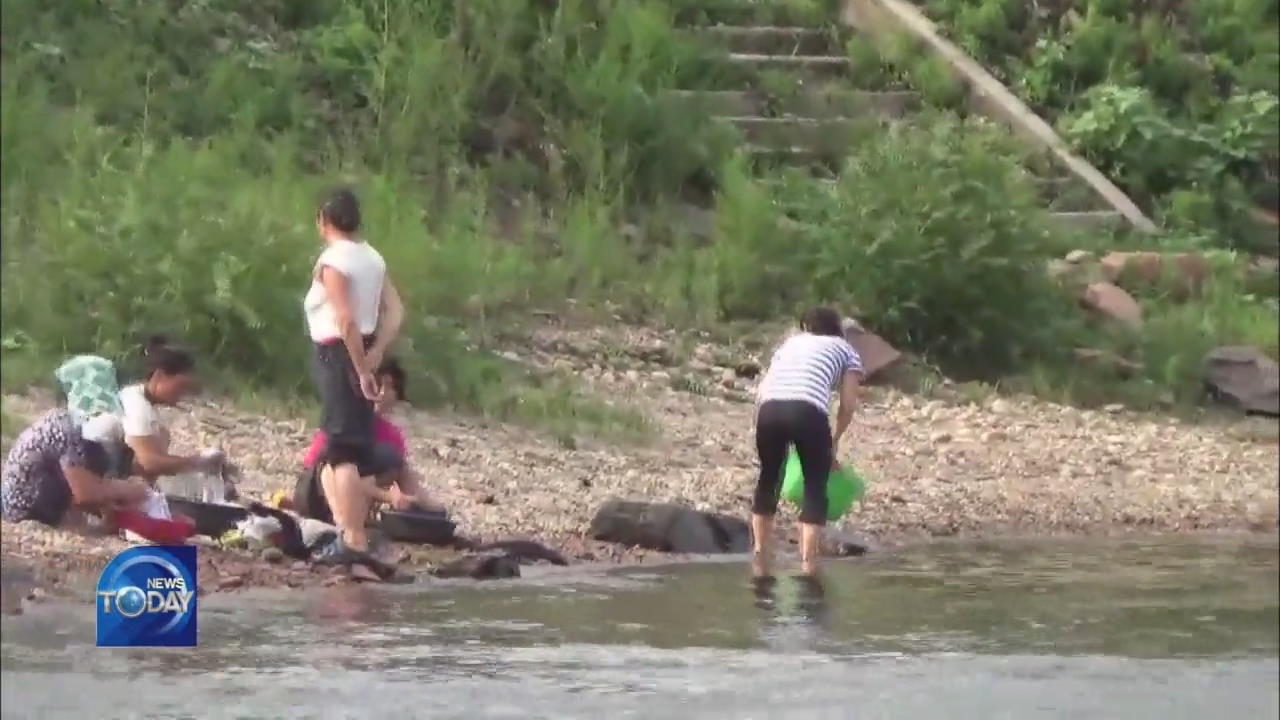
[Anchor Lead]
Concerns of contaminated drinking water are growing in North Korea. It has been found that four out of ten North Koreans don't have enough water, and 10% of all children suffer from diarrhea due to drinking polluted water. An official of an international organization who recently visited North Korea, told KBS that sanctions were affecting humanitarian aid assistance for vulnerable North Korean people.
[Pkg]
This spring water factory at North Korea's Ryongaksan Mountain was built in 2007. The regime's leader Kim Jong-un visited the plant 3 years ago and gave the order to increase water production. With the exception of a few areas, people all across North Korea suffer from chronic water shortages due to poor water and sewage systems. Dr. Nagi Shafik who visited the reclusive state for 3 weeks last month as a health inspector for UNICEF told KBS that water contamination is a serious issue there. He visited regions in North Hamgyong Province near Chilbosan Mountain and found that the number of people suffering from diarrheal disease has increased, particularly in the Myongchon area.
[Soundbite] NAGI SHAFIK(INSPECTOR FOR UNICEF N. KOREA HEALTH PROGRAM)
In one report, UNICEF pointed out that 39% of North Korean residents don't have access to safe drinking water. This number soars to 56 in rural areas. Shafik stressed that one out ten North Korean children were suffering from diarrhea and other diseases. There are also reports of serious conditions related to infectious diseases such s tuberculosis, malaria and hepatitis B. The official highlighted there are setbacks in related treatment as global sanctions are affecting humanitarian assistance to the regime. A global fund that provided medicine to North Korea has also left the regime last June. Dr. Shafik insisted that sanctions and humanitarian aid must be separate.
[Soundbite] NAGI SHAFIK(INSPECTOR FOR UNICEF N. KOREA HEALTH PROGRAM)
The official was also impressed by how Pyongyang shared such information during his visit. He added the nutritional state of North Korean children remains relatively unchanged for the past 5 years.
Concerns of contaminated drinking water are growing in North Korea. It has been found that four out of ten North Koreans don't have enough water, and 10% of all children suffer from diarrhea due to drinking polluted water. An official of an international organization who recently visited North Korea, told KBS that sanctions were affecting humanitarian aid assistance for vulnerable North Korean people.
[Pkg]
This spring water factory at North Korea's Ryongaksan Mountain was built in 2007. The regime's leader Kim Jong-un visited the plant 3 years ago and gave the order to increase water production. With the exception of a few areas, people all across North Korea suffer from chronic water shortages due to poor water and sewage systems. Dr. Nagi Shafik who visited the reclusive state for 3 weeks last month as a health inspector for UNICEF told KBS that water contamination is a serious issue there. He visited regions in North Hamgyong Province near Chilbosan Mountain and found that the number of people suffering from diarrheal disease has increased, particularly in the Myongchon area.
[Soundbite] NAGI SHAFIK(INSPECTOR FOR UNICEF N. KOREA HEALTH PROGRAM)
In one report, UNICEF pointed out that 39% of North Korean residents don't have access to safe drinking water. This number soars to 56 in rural areas. Shafik stressed that one out ten North Korean children were suffering from diarrhea and other diseases. There are also reports of serious conditions related to infectious diseases such s tuberculosis, malaria and hepatitis B. The official highlighted there are setbacks in related treatment as global sanctions are affecting humanitarian assistance to the regime. A global fund that provided medicine to North Korea has also left the regime last June. Dr. Shafik insisted that sanctions and humanitarian aid must be separate.
[Soundbite] NAGI SHAFIK(INSPECTOR FOR UNICEF N. KOREA HEALTH PROGRAM)
The official was also impressed by how Pyongyang shared such information during his visit. He added the nutritional state of North Korean children remains relatively unchanged for the past 5 years.
이 기사가 좋으셨다면
-
좋아요
0
-
응원해요
0
-
후속 원해요
0












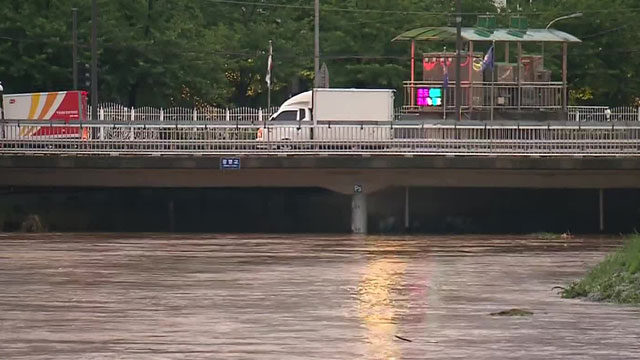
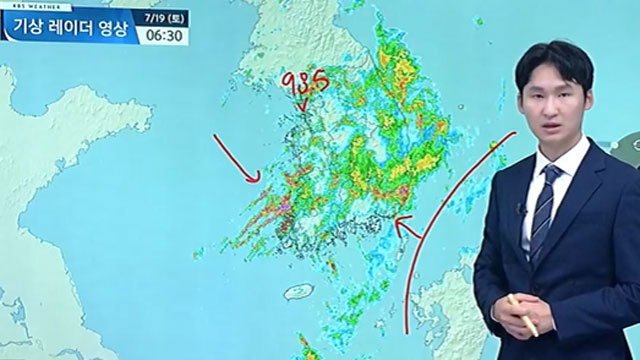
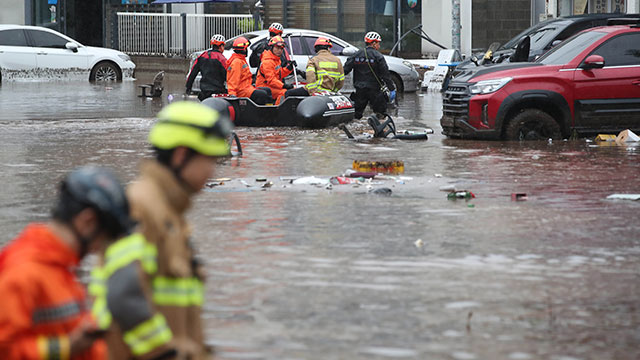
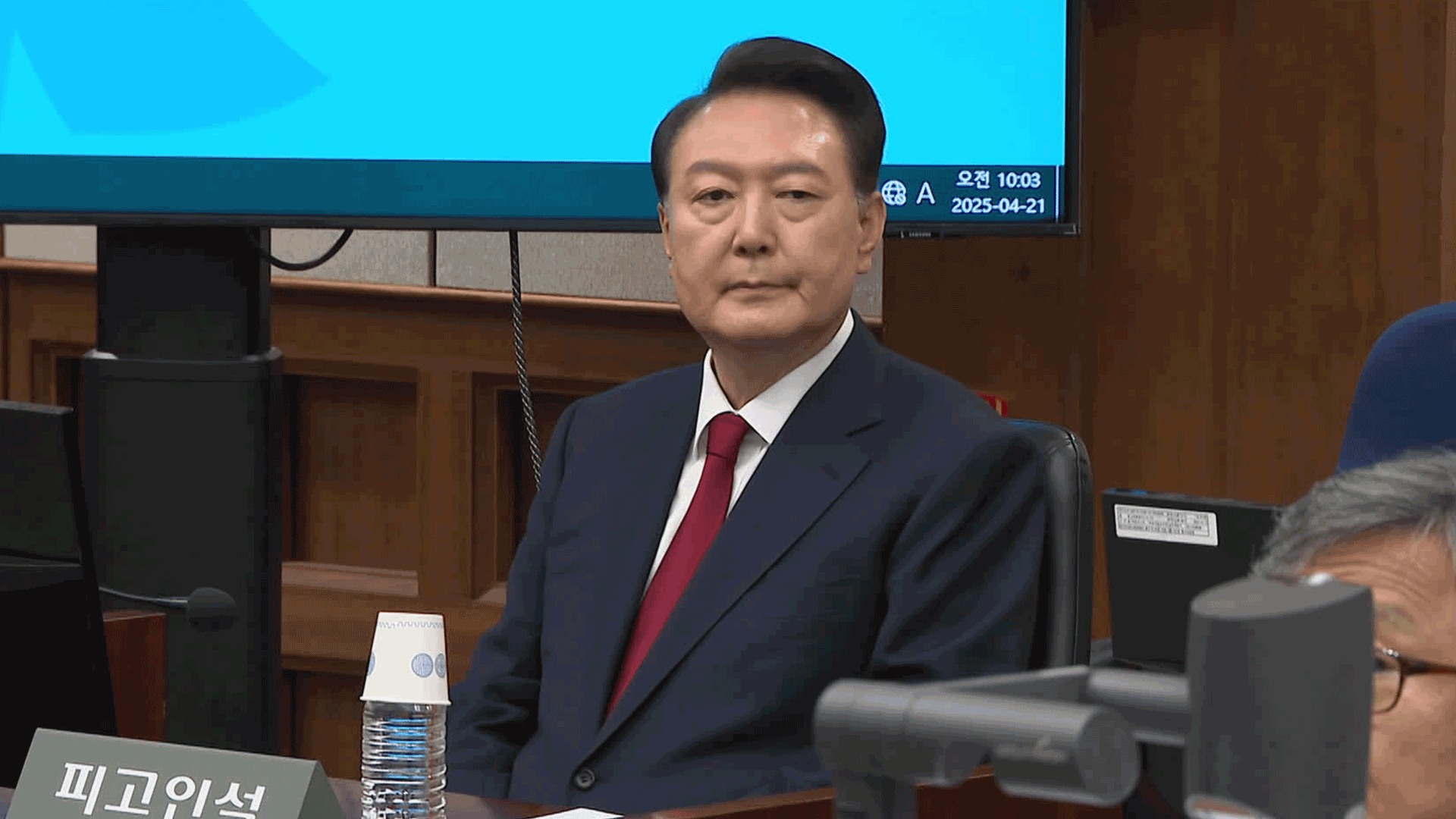

이 기사에 대한 의견을 남겨주세요.